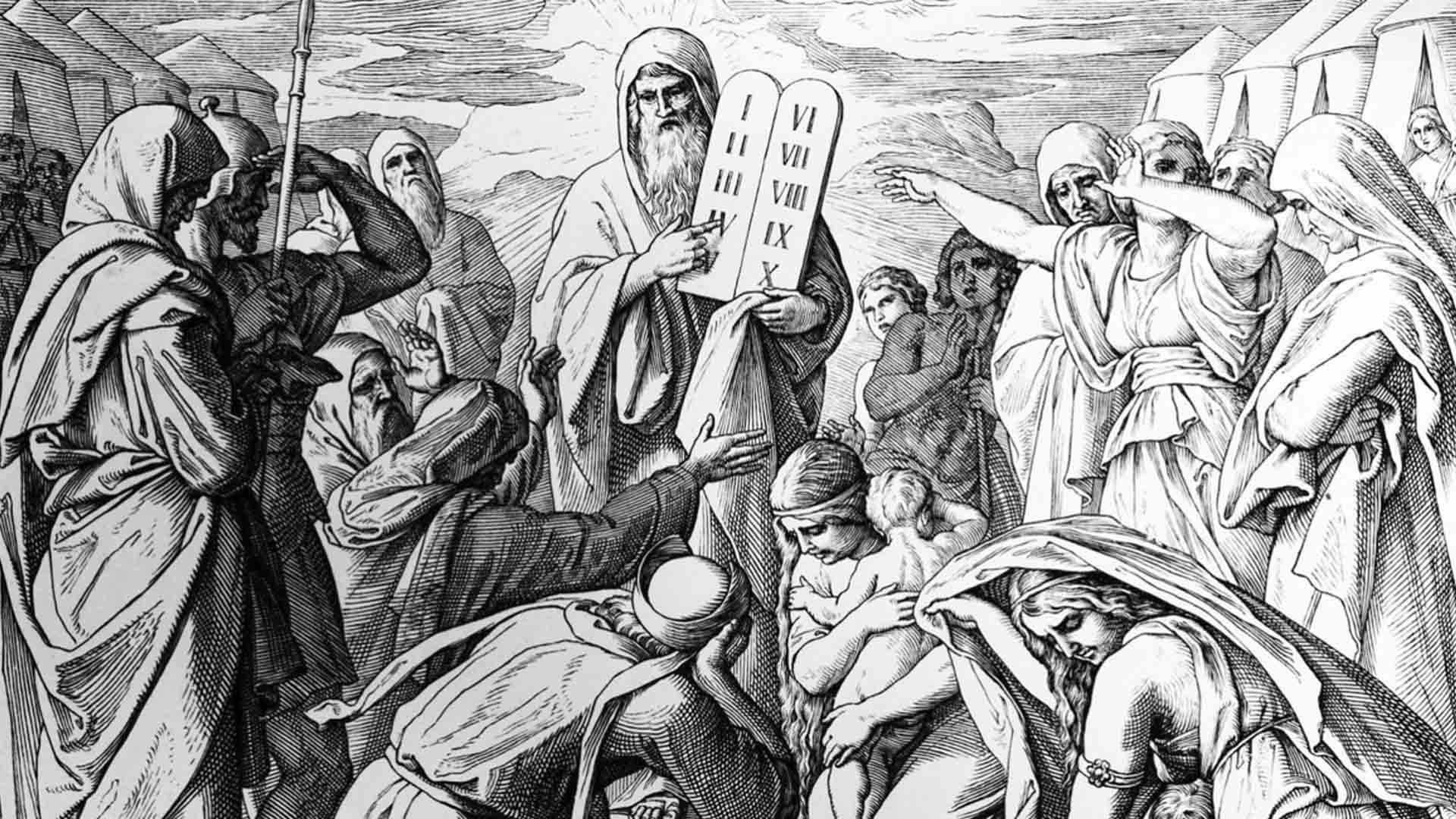For the source text click/tap here: Nedarim 30
To download, click/tap here: PDF
The Mishnah states that a person who makes a Neder to prohibit himself from benefit from "Shechorei ha'Rosh" -- "those whose heads are covered with black hair" -- is prohibited from deriving benefit from all men and is permitted to derive benefit from women and children.
The RAN explains that the term "Shechorei ha'Rosh" refers to men because had the person intended to prohibit himself from women, he would have said "those whose heads are covered." Had he intended to prohibit himself from children, he would have said "those whose heads are uncovered." He would not have referred to men as "those whose heads are covered" because some men cover their heads and some men do not. Hence, he used a different phrase. Since most men have black hair, he calls all men "Shechorei ha'Rosh."
The Halachah of the Mishnah (according to the Ran's explanation) implies that it is not obligatory for a man to cover his head.
The universal practice today is that every G-d-fearing Jew covers his head. The MISHNAH BERURAH (OC 2:10-12) cites the TAZ who says that one is forbidden from leaving his head uncovered, but even according to the opinion that it is not forbidden m'Ikar ha'Din, it certainly is proper to cover one's head, and it has been the practice of all Jewish men to do so throughout the generations. Hence, one should not walk four Amos without a head-covering (SHULCHAN ARUCH OC 2:6; see Mishnah Berurah there for various other details of this Halachah).
Based on the abovementioned opinions that wearing a head-covering is not obligatory m'Ikar ha'Din, RAV MOSHE FEINSTEIN zt'l rules that one whose job or income will be jeopardized by his insistence on wearing a head-covering is permitted to remove his head-covering when he works (IGROS MOSHE OC 4:2).
We explore the halachic ramifications as well social implications of the yarmelke.
The mishna (66a) states that if one says: Onions are konam for me, and for that reason I will not taste them, because onions are bad for the heart, and others said to him: But isn’t the kuferi onion good for the heart, the vow is dissolved with regard to kuferi onions, and not only with regard to kuferi onions is it dissolved, but with regard to all types of onions. The mishna relates that an incident of this kind occurred, and Rabbi Meir dissolved the vow with regard to all types of onions.
We explore the history of the onion in antiquity as well as a metaphor in rabbinic literature.




















